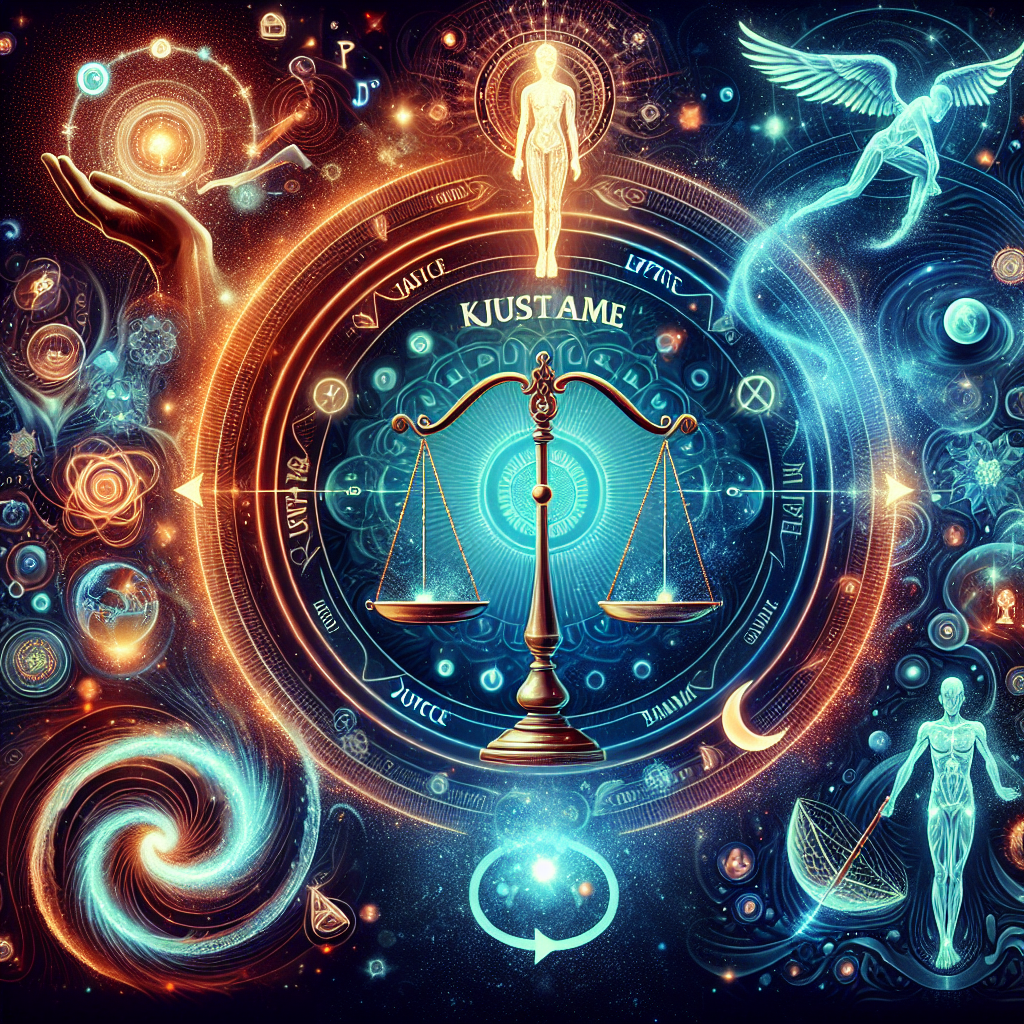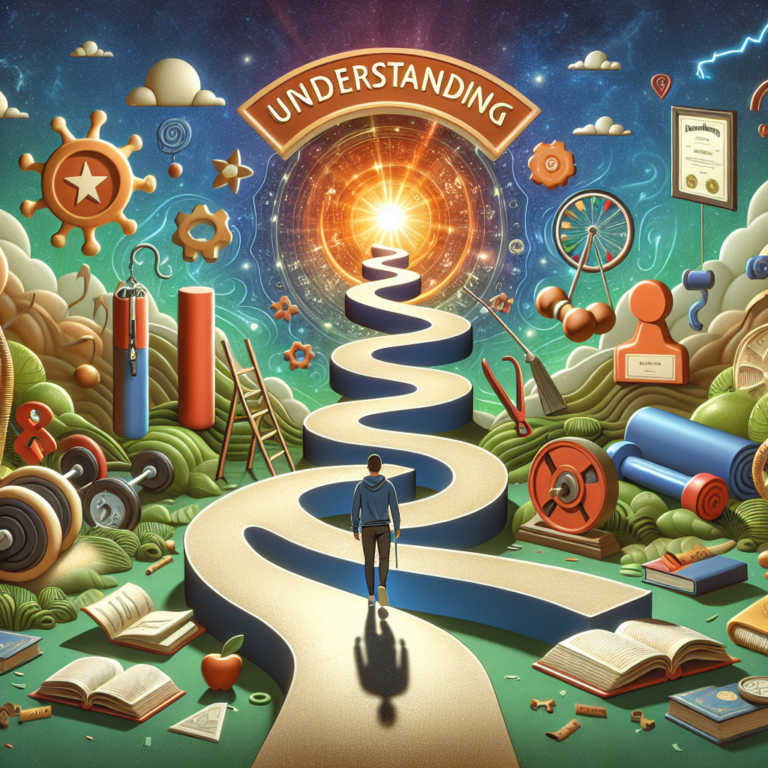The concept of karma has intrigued and influenced various cultures, philosophies, and religions throughout history. Often summarized as the law of cause and effect, karma teaches that our actions, whether good or bad, will eventually return to us, shaping our experiences in life. In this article, we delve deeper into what karma means, exploring its origins, principles, and implications on our lives. By understanding karma, we not only gain insight into our personal journeys but also learn to appreciate the interconnectedness of all beings.
1. Understanding the Concept of Karma
Karma, derived from the Sanskrit word “karman,” means “action” or “deed.” This principle is most commonly associated with Eastern religions, particularly Hinduism and Buddhism, but it has found resonance in various spiritual paths globally. At its core, karma articulates a universal law: every action generates an equal and opposite reaction. It’s an ethical framework that emphasizes personal responsibility, personal growth, and spiritual evolution.
1.1 The Law of Cause and Effect
The basic premise of karma is straightforward: our thoughts, words, and actions create corresponding consequences. Just like throwing a pebble into a pond creates ripples, our deeds send out waves of energy that affect our own lives as well as the lives of others. This philosophy reminds us that we are not merely passive inhabitants of the universe but active participants in the creation of our reality.
1.2 Karma in Different Cultures
While the framework of karma is most evident in Eastern philosophies, similar concepts exist in various cultural contexts:
- In Christianity: Many interpret the Biblical principle of “reaping what you sow” as a reflection of the karma concept.
- In Ancient Greek Philosophy: The idea of fate and destiny intertwines with ethical choices, mirroring karma’s implications.
- In Indigenous Beliefs: Many Native American cultures emphasize living in harmony with nature and the consequences of one’s actions on the community.
2. The Types of Karma
Various forms of karma illustrate the nuanced understandings of how our actions manifest different consequences. Here’s an elaboration on the main types:
2.1 Sanchita Karma
Sanchita karma refers to accumulated actions from all past lives. It encompasses the total sum of karma that a soul has collected over its many incarnations. This reservoir of actions can be seen as a bank of karmic debt or credit, influencing our present circumstances.
2.2 Prarabdha Karma
This is the portion of sanchita karma that is ripe and ready to manifest in the present life. Prarabdha karma influences factors such as our family background, health, and opportunities. This is the active karma that shapes our current reality.
2.3 Kriyamana Karma
Kriyamana karma refers to the actions we undertake in the present moment. Every choice we make contributes to our ongoing karmic cycle, adding to our sanchita karma and potentially creating new prarabdha karma for future lives.
3. The Cycle of Karma and Rebirth
In many Eastern traditions, karma is closely tied to the cycle of rebirth or samsara. According to this belief, our actions in one life influence our circumstances in subsequent lives. This cycle continues until we achieve liberation (moksha or nirvana) through understanding and overcoming our karma.
3.1 The Role of Dharma
Dharma, or righteous living, is crucial in the context of karma. Living in accordance with one’s values, responsibilities, and ethical principles can help one navigate life’s challenges while generating positive karma. This interplay between karma and dharma underscores the importance of living mindfully and consciously.
4. Living with Awareness: How to Navigate Karma
Understanding karma isn’t just an intellectual pursuit; it carries practical implications for our everyday lives.
4.1 Cultivating Positive Actions
By consciously choosing positive thoughts, words, and actions, we can generate beneficial karma. Acts of kindness, compassion, and service contribute to a more favorable karmic cycle.
4.2 Mindfulness and Self-Reflection
Mindfulness practices, such as meditation and self-reflection, allow us to become aware of our actions and motivations. By developing awareness, we can recognize patterns of negative behavior and actively work to change them.
4.3 Resolving Negative Karma
While we cannot erase our past actions, we can take steps to resolve negative karma. This might involve making amends, seeking forgiveness, or committing to positive change. Every effort counts towards alleviating the consequences of past actions.
5. The Spiritual Dimension of Karma
Karma serves as a profound spiritual lesson on interconnectedness and compassion. It teaches us that we are all linked in a web of existence, and our actions reverberate through the lives of others.
5.1 Compassion and Empathy
Understanding karma engenders greater compassion towards others. Recognizing that everyone is navigating their own karmic journey can foster empathy and encourage a sense of shared humanity.
5.2 The Path of Growth
Ultimately, karma is about growth and transformation. The challenges we face often serve as catalysts for spiritual awakening and personal development. By embracing our karma, we open ourselves to deeper insights and the opportunity for change.
5.3 The Transformative Power of Forgiveness
Forgiveness is a powerful tool in the context of karma. Letting go of resentment and bitterness not only liberates us but also positively influences our karmic outcomes. Forgiving others creates space for healing, growth, and new beginnings.
6. Conclusion
The concept of karma offers a profound understanding of our lives—a reminder that our actions are significant and that we have the power to shape our own destinies. By embracing the principles of cause and effect, we can navigate our journeys with greater awareness, responsibility, and compassion.
As we reflect on the nature of our actions, we cultivate a deeper connection to ourselves, others, and the universe. Whether viewed from a spiritual, ethical, or philosophical lens, karma serves as a compass guiding us toward a more meaningful, conscious existence. Living mindfully with an understanding of karma encourages us to resonate positivity in a world that often grapples with challenges. The path to enlightenment and liberation is indeed interconnected with our choices and the energy we contribute to the universe.
FAQs
What is the origin of the concept of karma?
Karma originates from ancient Indian philosophies, particularly within Hinduism and Buddhism. It is rooted in the idea of cause and effect, extending across lifetimes.
Can karma be changed?
Yes, while we cannot change past actions, we can change our current actions to create positive karma for the future. Engaging in positive deeds and reflecting on our motivations can guide us in transforming our karmic outcomes.
What are some common misconceptions about karma?
A common misconception is that karma is a form of divine punishment. In reality, karma is an impersonal law of nature that reflects the ethical consequences of our actions, not a system of reward and punishment by a higher power.
Does karma operate only in our current life?
Karma operates over multiple lifetimes, according to beliefs in reincarnation. Our actions in past lives influence our current circumstances, and vice versa.
How can I cultivate good karma?
To cultivate good karma, engage in acts of kindness, show compassion, practice mindfulness, and take responsibility for your actions. Reflections on your deeds and intentions can also foster a more positive karmic footprint.
, It seems like your message may have been cut off. How can I assist you with your prompt? If you provide more context or details, I’ll be happy to help!, #Karma #Explained #Spiritual #Law #Effect, #Karma #Explained #Spiritual #Law #Effect, 1734061659, karma-explained-the-spiritual-law-of-cause-and-effect





